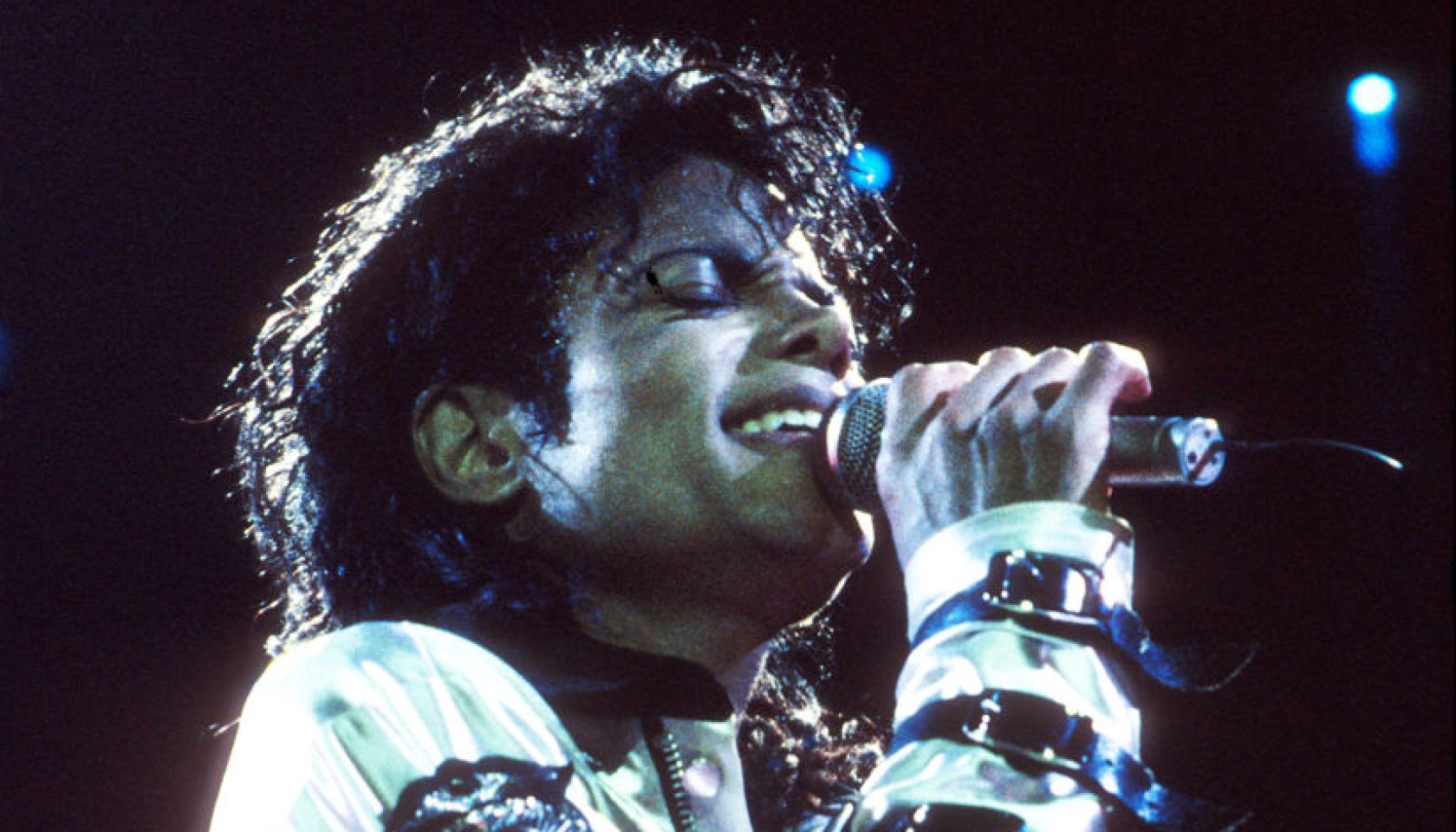Analysis: Obama’s incumbency vs. Romney’s hurdles
WASHINGTON (AP) — Reality has smacked Mitt Romney in the face.
President Barack Obama used the power of the presidency Tuesday to ring the general election’s opening bell, declaring in no uncertain terms that he and his mammoth organization are ready to take on Romney — whether the presumptive GOP nominee is ready or not.
And despite what he may say, Romney is not.
The former Massachusetts governor, who won three more primaries Tuesday and is on track to claim his party’s presidential nomination in June if not before, is facing a challenge of historic proportions. Just one Republican — Ronald Reagan — has defeated a Democratic incumbent president in the last century. And Romney faces an incumbent with five times more staff, 10 times more money, and the world’s greatest bully pulpit.
Using that platform Tuesday, the president criticized Romney by name, telling news executives at the annual meeting of The Associated Press that his likely general election opponent supported a “radical” Republican budget plan he characterized as “thinly veiled social Darwinism.” He accused Republican leaders of becoming so extreme that even Reagan, one of the party’s most cherished heroes, would not win a GOP primary today.
The president’s critique came just one day after his campaign launched a TV ad in six general election battleground states that suggested that Romney stood with “Big Oil.” And it all comes amid a Democratic effort to paint Romney as part of a Republican Party that Obama’s party is casting as too conservative for the country.
Romney hit back after he won primaries in Wisconsin, Washington, D.C., and Maryland, telling cheering supporters in Milwaukee that the president has become “a little out of touch” after “years of flying around on Air Force One, surrounded by an adoring staff of true believers telling you that you’re great and you’re doing a great job.”
Added Romney, “You know, out-of-touch liberals like Barack Obama say they want a strong economy, but in everything they do, they show they don’t like business very much.”
With that, the contours of the general election were set — and the attack lines unveiled.
Each candidate cast the other as too extreme for the center of the country — speaking directly to the independents who play a critical role in general elections because they determine who wins close races. The number of independent voters in America has swelled. That means they are a top target for both candidates in what Republican and Democratic operatives alike anticipate will be a close election for reasons that include the country’s increasingly polarized nature.
As the incumbent, Obama has a built-in advantage and a huge head start. He has spent months wooing the center of the electorate even as he worked to fire up his Democratic base.
Romney has a ton of ground to make up. And, even though he’s been eager to shift his campaign to focus on fundraising, building and advertising for the general election, he doesn’t have the luxury of doing that in earnest just yet.
His stubborn Republican opponents, inspired by anti-Romney skepticism from the right flank of the party, aren’t letting him. And that means Romney will continue — for a while at least — to be at least marginally distracted by an intra-party contest whose outcome has never really been in question.
Tuesday night’s victories did little to persuade his overmatched Republican rivals to quit the race.
“The clock starts tonight,” chief Republican rival Rick Santorum told supporters gathered in his home state of Pennsylvania, which hosts a GOP primary April 24. “After winning this state, the field looks a little different in May.” He predicted his comeback sometime that month, a claim that is both frustrating and somewhat laughable for a growing number of Republicans across the country mindful of the real challenge Obama represents.
Ron Paul, too, is pledging to stay in the race, and Newt Gingrich on Tuesday issued a statement insisting he was “committed to carrying the banner of bold conservative colors all the way to Tampa.”
It was a reference to the party’s national nominating convention in Florida this summer, where Romney would accept the nomination should he secure the 1,144 delegates needed to win.
Despite the GOP primary distraction, Romney is trying hard to look ahead — no matter how daunting the view.
At the end of February, the president’s re-election campaign reported $84.7 million in the bank compared with Romney’s $7.3 million — all money raised for the primary. Obama has more than 530 paid staff compared with roughly 100 for Romney. And Obama already has staff distributed in almost every state in the nation, while Romney’s team is concentrated in Boston and a handful of primary states.
In recent days, Romney’s team has tried to start preparing to tackle the challenges. Aides visited Washington to recruit staffers in hopes of hiring them as soon as the campaign has enough general election money. The campaign recently alerted donors to prepare to raise general election dollars.
Mindful of the need to keep at least one eye on the primary fight, Romney sent a message to Republicans set to vote April 24 in a series of contests: He hasn’t forgotten them.
“Tonight, I’m asking the good people of Connecticut, Delaware, New York, Pennsylvania and Rhode Island to join me. Join me in the next step toward that destination of Nov. 6, when across America we can give a sigh of relief and know that the Promise of America has been kept,” he said. “The dreamers can dream a little bigger, the help wanted signs can get dusted off and be put in the front yard, and we can start again.”
Romney cannot fully start again, however, for a little while longer.
















